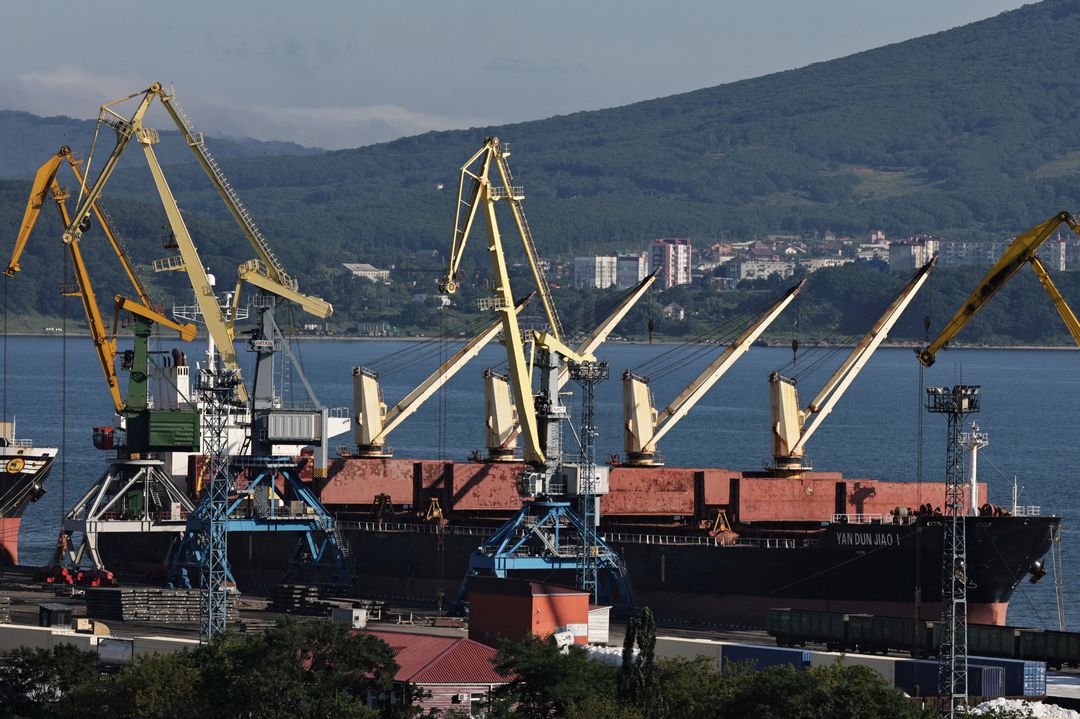Oil prices rose in Asia on Friday, despite thin market liquidity, after a week marked by worries about Chinese demand and haggling over a Western price cap on Russian oil.
Brent crude futures rose by 41 cents, or 0.48 per cent, to trade at $85.75 a barrel at 0730 GMT.
US West Texas Intermediate (WTI) crude futures went up by 57 cents, or 0.73 per cent, from Wednesday’s close to $78.51 a barrel. There was no WTI settlement on Thursday due to the US Thanksgiving holiday.
Both contracts were still headed for their third consecutive weekly decline, on track to fall by around 2 per cent or more with worries about tight supply easing.
Thin liquidity, concerns around China demand and the backdrop of assessing how severe the recession could be are the key price drivers so far, said Virendra Chauhan, head APAC analyst at Energy Aspects.
There are growing signs that a surge in COVID-19 cases in China, the world’s top oil importer, is starting to hit fuel demand, with traffic drifting down and implied oil demand around 13 million barrels per day, or 1 million bpd lower than average, an ANZ note showed.
China on Friday reported a new daily record for COVID-19 infections, as cities across the country continued enforce mobility measures and other curbs to control outbreaks.
The resurgence in COVID cases in China remains the main bearish factor impacting oil prices from a demand perspective, said Tina Teng, markets analyst at CMC.
On the Russian oil price cap, G7 and European Union diplomats have been discussing levels between $65 and $70 a barrel, with the aim of limiting revenue to fund Moscow’s military offensive in Ukraine without disrupting global oil markets.
“The market considers (the price caps) too high which reduces the risk of Moscow retaliating,” ANZ Research analysts said in a note to clients.
Russian President Vladimir Putin has said Moscow will not supply oil and gas to any countries that join in imposing the price cap, which the Kremlin reiterated on Thursday.
Trading is expected to remain cautious ahead of an agreement on the price cap, due to come into effect on Dec. 5 when an EU ban on Russian crude kicks off, and ahead of the next meeting of the Organization of the Petroleum Exporting Countries and allies, known as OPEC+, on Dec. 4.
In October, OPEC+ agreed to reduce its output target by 2 million barrels per day through 2023, and Saudi Arabian Energy Minister Prince Abdulaziz bin Salman was quoted saying this week that OPEC+ was ready to cut output further if needed.







Click here to change your cookie preferences